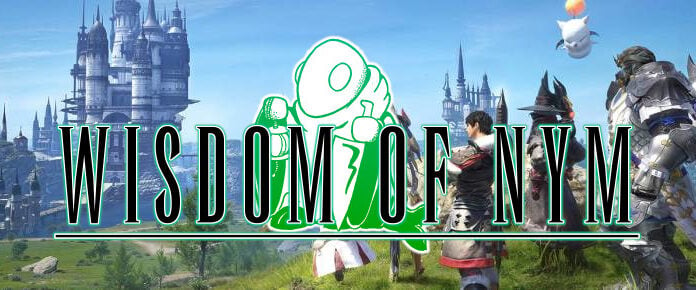
If you’ve played Star Trek Online either casually or consistently for a while, you’ve probably noticed that the game puts out a lot of ships to buy and lockboxes filled with prizes more frequently than it produces new story content. This is a true fact and not up for debate. But a recent thread on the official forum compiles posts from community manager AmbassadorKael and developer Trekhead on the game’s Reddit community, giving some insight into the rationale behind this particular development split: New ships and lockboxes are faster to produce and make money; story content takes longer and doesn’t.
Trekhead in particular points out that consoles in particular require the development team to negotiate with the companies running the consoles in order to set prices and decide on release schedules, meaning that delays in releases are not down to Cryptic’s decision-making. It’s a useful set of insights into the way that business operates for this game as well as MMOs in general; if you have any interest in the development and business side of MMOs, it’s well worth reading, doubly so if you’re a fan of STO specifically.This is a common enough complaint that I’m gonna respond: the team that makes ships is not the team that makes episodes and tfos. In fact, episodes are made by the work of five different teams: Content Design, Environment Art, Systems Design, Character Design, and Animation. Ships are done by Systems Design and Ship Art. Both teams are working around the clock to give you more stuff. The team making episodes begins working on the episodes for the next release before the current release comes out, and are often finishing it just before it goes live. The episodes take that much time to complete. The ships aren’t taking time away from the episodes. They’re worked on in parallel.
One of the realities of game design is that players will always consume content faster than you can make it. A new mission is a big “splash,” it draws attention because people want to experience the new story, but then it’s done. Long-tail systems that take a while to complete, like a reputation or a Recruit transponder list of tasks, give players something to do when they come back the next day, week, or month.















